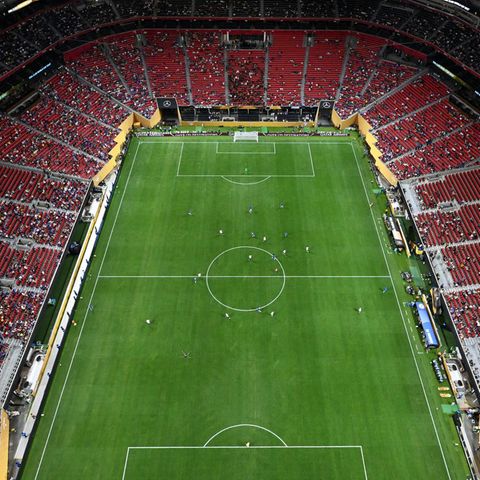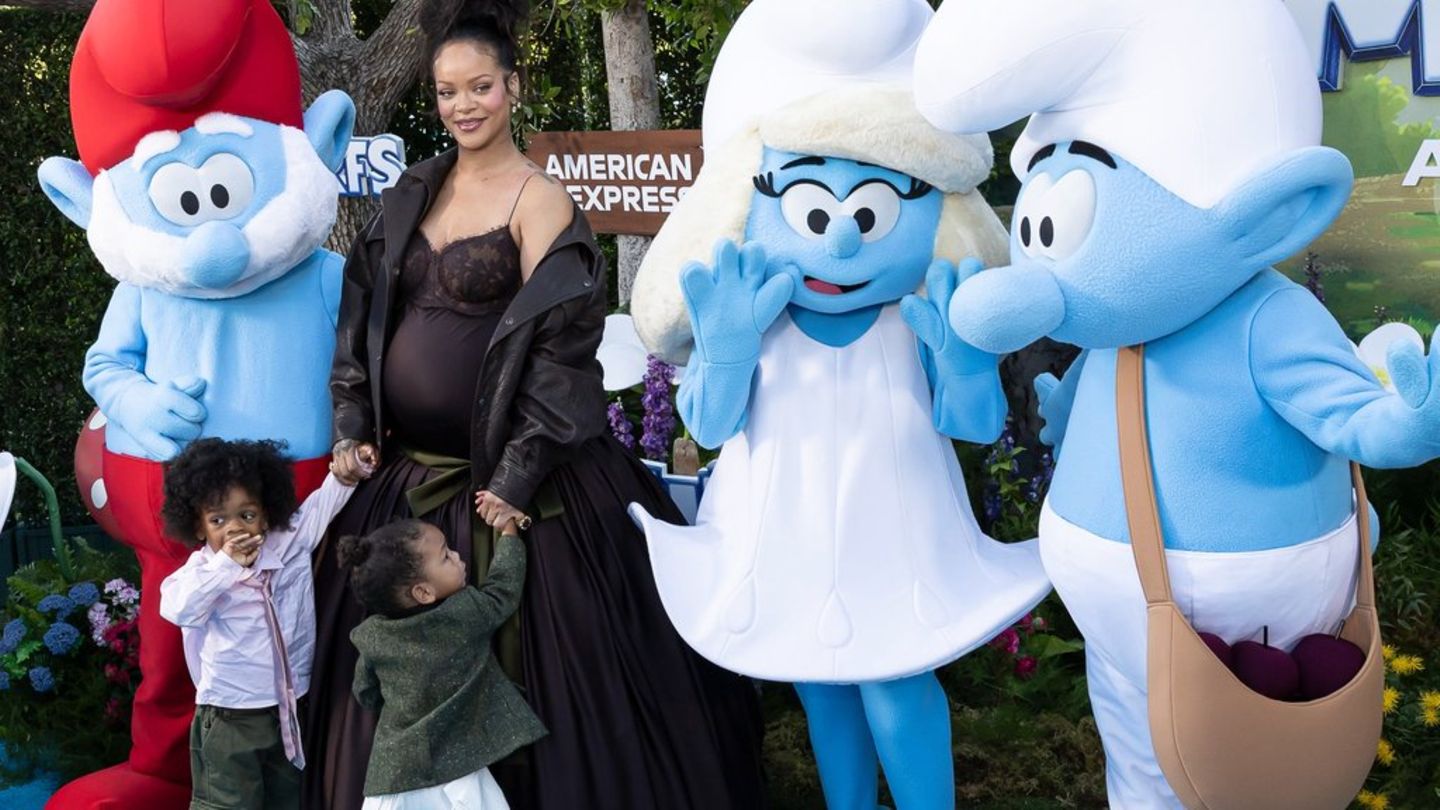A formula compromise with Russia is just helping the G20 get by. The summit in India makes the Moscow leadership somewhat respectable again. Ukraine is the loser.
It is one of the rituals of international summits that the participants ultimately sell the results as a success – no matter how thin they may be. Chancellor Olaf Scholz (SPD) is particularly good at this discipline. In his short press conference together with Finance Minister Christian Lindner (FDP) at the G20 summit in New Delhi on Saturday evening, he said “successful” or “success” ten times. As if he wanted to persuade him.
Previously, the group of leading economic powers achieved something that many had almost written off: a summit declaration from all 20 members. These include the USA, Germany, Japan and France. But also China and Russia.
The fact that the negotiations came close to failure is due to a single question: How do you describe what is happening in Ukraine? Whether you say war “in” Ukraine or “against” Ukraine is extremely explosive.
Weeks of struggle over individual words
The heads of state and government’s negotiators had been dealing with such details weeks before the summit, and during the hot phase in New Delhi day and night. At the previous summit in Indonesia, the Russian war of aggression was clearly condemned by “most” states in the declaration. And under pressure from China, Russia agreed that Foreign Minister Sergei Lavrov, who was negotiating on behalf of Kremlin leader Vladimir Putin, who was staying at home, left early on the first day of the summit. The West cheered that the G20 had isolated Russia with the help of China.
This time China and Russia no longer wanted to expose themselves. The result is a formulaic compromise – an agreement in which the actual conflict remains unresolved and everyone can claim to have prevailed. Reference is only made to United Nations resolutions condemning the war of aggression. The declaration also contains a commitment to the “territorial integrity” of all states, i.e. more generally to the inviolability of borders.
Everyone can choose their own reading
From a Western perspective, this amounts to condemning the invasion through the back door. But Russia can also live with this because it considers the occupied territories in Ukraine to be its national territory. And China can use this to justify its claim to Taiwan, which it sees as part of the People’s Republic.
So everyone has their own interpretation – and can sell it as a success. Just like Scholz, who is still wearing an eye patch after falling while jogging at the summit, the Russian side is also celebrating the declaration. For Foreign Minister Lavrov, who is again representing Putin in India, there is no longer any reason to leave the summit early. He speaks of an “honest and balanced” explanation.
Lavrov back on the scene
On Sunday morning he stood with the heads of state and government at the place where the Indian freedom fighter Mahatma Gandhi was cremated in 1948 shortly after his assassination and laid a wreath. The pictures from the memorial ceremony are the unofficial replacement for the traditional family photo, which no longer exists since the Russian attack on Ukraine. There was also a similar picture in Bali while walking through a mangrove forest. Lavrov was already gone by then. Now he is back on the scene in the G20 circle. That should also give him satisfaction.
The fact that the Western heads of state and government largely cut off the Russian head of delegation at the summit does not change this. Scholz openly said on Saturday evening that he neither shook his hand nor talked to him. He describes Lavrov’s contribution to the first working session with the words: “Those were the usual stories. I don’t think anyone in the room believed it.”
Putin’s G20 comeback at the summit in Brazil?
Nevertheless, the G20 summit made Russia somewhat respectable again. This could continue at the next meeting in Brazil. Brazilian President Luiz Inácio Lula da Silva has already assured that Putin would certainly not be arrested in his country – an indirect invitation to the Russian president to make a G20 comeback.
The question arises as to why the West agreed to the Delhi Declaration. One very specific reason is the effort to pressure Russia to return to the agreement for the transport of Ukrainian grain across the Black Sea – or at least to ensure that Moscow cannot blame the West for its non-return.
The agreement made it possible to export almost 33 million tons of grain and food via the Black Sea despite the Russian war of aggression. Even during the war, Ukraine remained the largest supplier of wheat to the World Food Program, which is so important for poor countries.
“Death blow for the G20” averted
Confronted with criticism of the concessions made to Russia, a Western participant in the negotiations also asked what the headlines would have been if there had been no joint G20 statement for the first time this year. “The end of the G20”, “death knell for the G20”, “no more cooperation” is his own answer. The compromise makes it possible to keep the platform alive and prevent it from being completely replaced by “blocs” such as the Western G7 group and the Brics group of states around China and Russia.
It is now expected that Chinese head of state Xi Jinping will travel to Brazil again in 2024. Like Putin, he had himself represented in New Delhi – possibly because he wanted to thwart the plans of his rival India, which had just become the world’s most populous country. Its Prime Minister Narendra Modi wanted to profile himself as the leader of the global south.
There is currently a lot at stake geopolitically, especially for Germany and the EU. Europeans know that they are dependent on countries like China, India and Brazil in the fight against climate change or for the supply of raw materials. Not to mention the importance that these countries play as sales markets.
Zelensky has to stay outside this time
The loser of the summit is Ukraine, which was attacked by Russia. President Volodymyr Zelenskyj was not connected via video this time. Unlike last year, where he was given a large stage in Bali to demand Russia’s withdrawal. “The G20 has nothing to be proud of,” said the summit’s conclusion from Foreign Ministry spokesman Oleh Nikolenko in Kiev.
Scholz will have to explain the Zelensky summit
Either way: the wording in the New Delhi declaration does not change anything about the war in Ukraine. How to end this war was not discussed at the G20 summit.
Chancellor Scholz may soon have to explain all this to the Ukrainian president. Next Sunday he is heading to New York for the UN general debate, which Zelenskyj will probably also take part in.
Source: Stern
I have been working in the news industry for over 6 years, first as a reporter and now as an editor. I have covered politics extensively, and my work has appeared in major newspapers and online news outlets around the world. In addition to my writing, I also contribute regularly to 24 Hours World.




